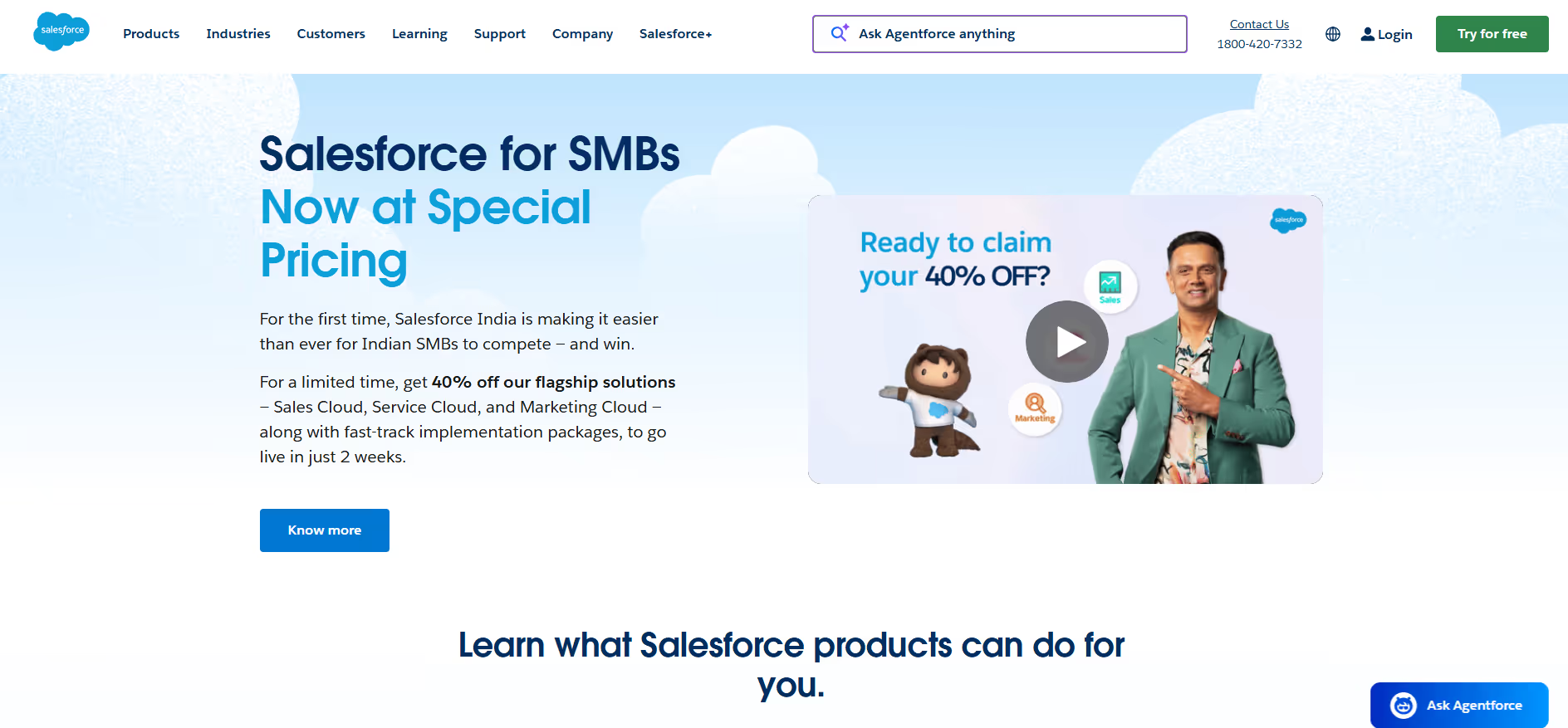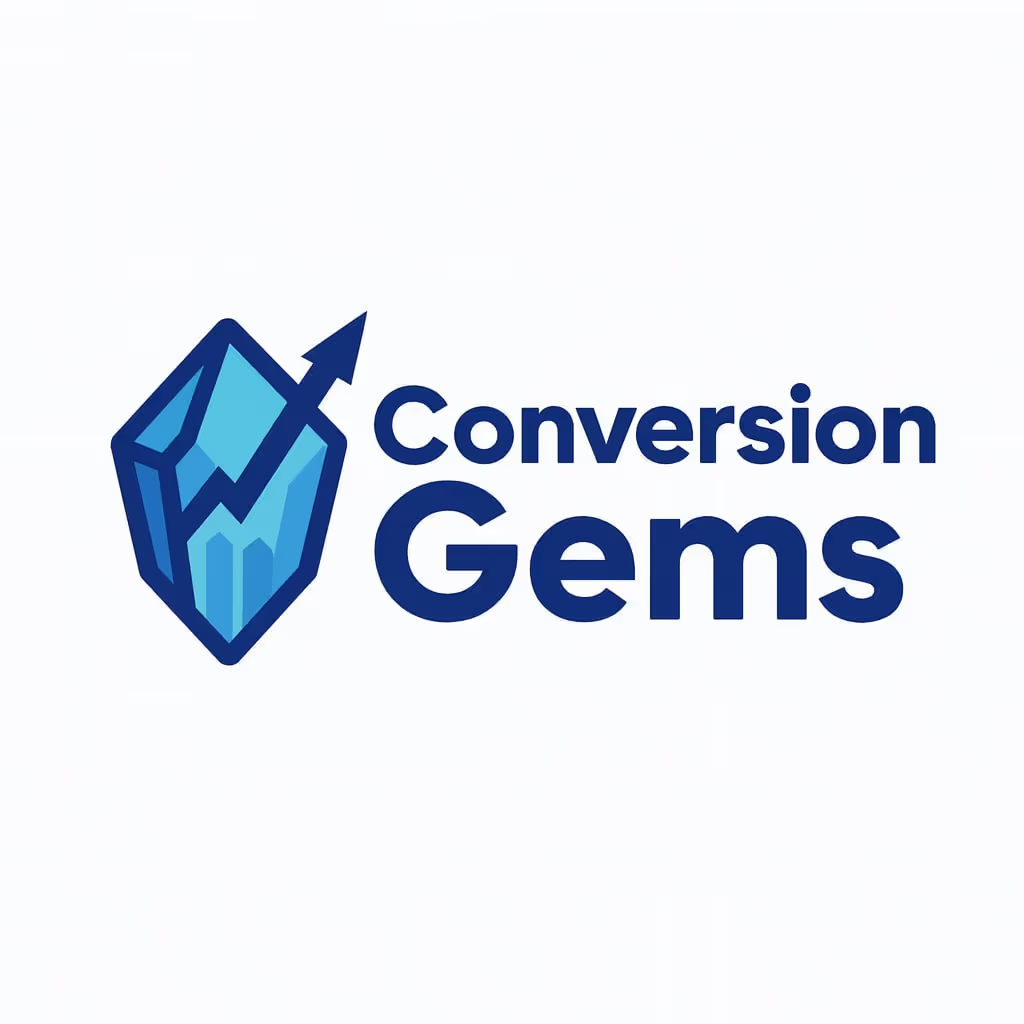Salesforce
Description
Key Applications
- Sales Force Automation: Streamlining lead management, opportunity tracking, quotes, and forecasting for sales teams to close deals faster.
- Customer Service & Support: Managing customer cases, service requests, and providing multi-channel support experiences through various touchpoints.
- Digital Marketing & Campaigns: Personalizing customer journeys, executing targeted email marketing, social media campaigns, and advertising initiatives.
- E-commerce Operations: Managing online stores, product catalogs, order processing, and delivering seamless customer experiences across digital channels.
- Analytics & Business Intelligence: Gaining actionable insights from comprehensive customer data to inform strategic decisions and improve overall business performance.
Who It’s For
Pros & Cons
How It Compares
- Versus HubSpot: Salesforce typically offers deeper customization, greater scalability, and more advanced features suitable for complex enterprise needs, while HubSpot is often favored by SMBs for its integrated inbound marketing focus and more user-friendly interface.
- Versus Microsoft Dynamics 365: Salesforce is a predominantly cloud-native platform with a vast ecosystem and strong third-party integrations, whereas Dynamics 365 offers robust integration with other Microsoft products and is often preferred by organizations already heavily invested in Microsoft's technology stack.
Bullet Point Features
- Lead and Opportunity Management Case Management and Service, Console Marketing Automation and Journey Builder.
- E-commerce Storefronts and Order Management AI-powered Analytics (Einstein Analytics) .
- Mobile CRM Applications AppExchange Marketplace Integration Workflow Automation and Process Builders.
Frequently Asked Questions
Find quick answers about this tool’s features, usage ,Compares, and support to get started with confidence.

Salesforce is a leading cloud-based customer relationship management (CRM) platform that helps businesses manage sales, marketing, customer service, and analytics. It is widely used to streamline business processes, improve customer relationships, and drive growth.

Salesforce provides centralized customer data, automation tools, analytics, and AI-powered insights. It helps businesses track leads, manage sales pipelines, automate repetitive tasks, and deliver personalized customer experiences efficiently.

Salesforce offers lead and contact management, opportunity tracking, workflow automation, analytics and reporting, marketing automation, customer service management, and AI-driven insights. It also supports extensive third-party integrations and app extensions.

Salesforce can be used by beginners, but it has a steeper learning curve compared to some CRM platforms. Salesforce offers tutorials, guided setup wizards, and extensive documentation to help new users get started effectively.

Salesforce is ideal for sales teams, marketing teams, customer support teams, enterprises, and growing businesses. Users can expect improved sales efficiency, better customer engagement, centralized data management, automated workflows, and actionable insights, helping businesses scale and optimize customer relationships.





.avif)




